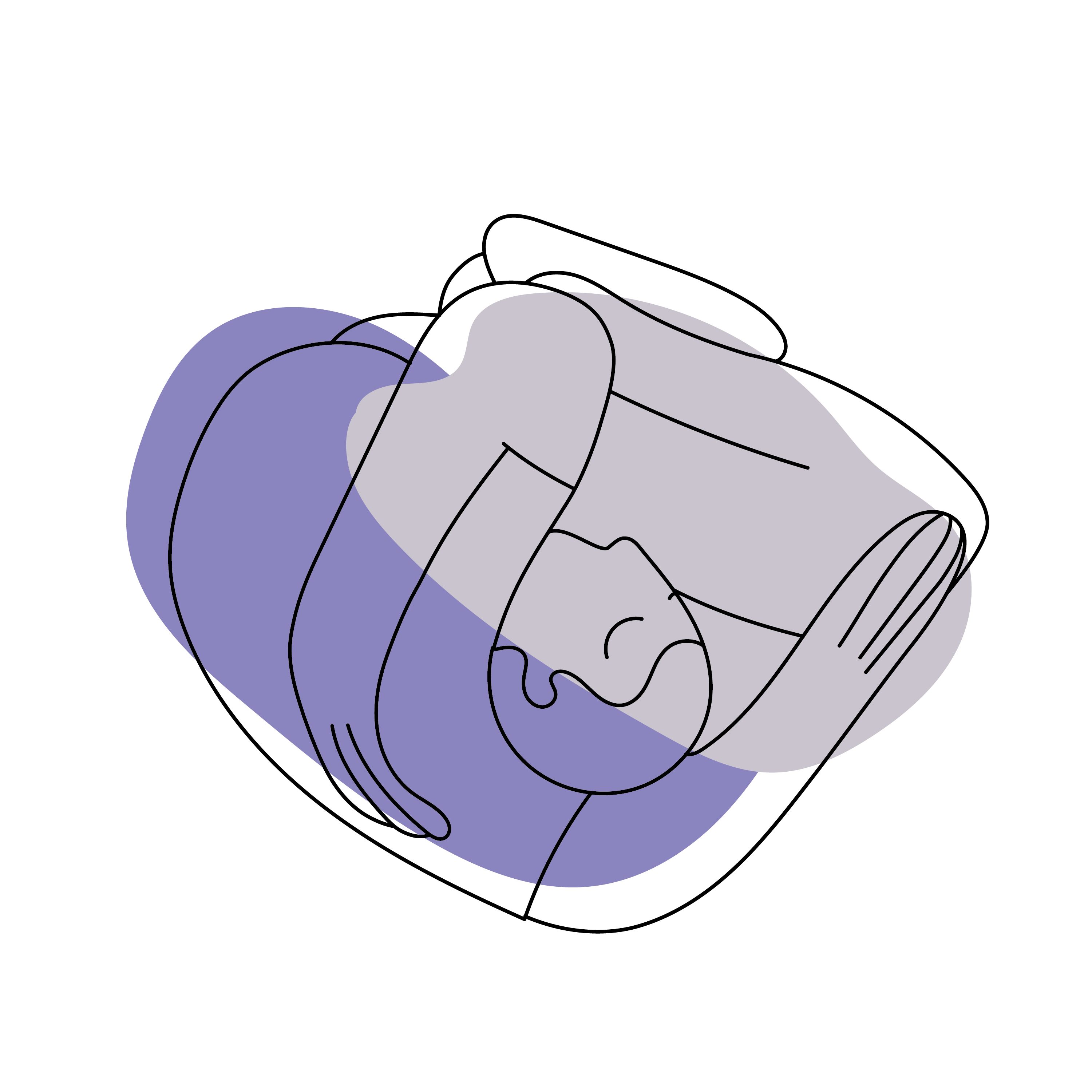
Dear Theresa,
I suffer from what I would describe as an emotional hangover. Whenever I am emotionally and mentally unwell for a while, it always has a very strong effect on my body. I feel weak, powerless, exhausted – similar to an alcohol hangover. I also notice that I often fall ill during such phases.
Should I be worried or is this normal?
Kind regards, D.
Dear D.,
First of all: what a wonderful and very appropriate word creation! The emotional hangover, as you (and I henceforth) so beautifully call it, does exist – and I have experienced it many times, both in my own body and in various coaching sessions with clients.
There is also a word for it in psychology: psychosomatics. This phenomenon works both ways. Physical ailments can influence or affect your psyche, but vice versa, psychological ailments can also affect your physique. When the psyche is troubled, when you experience pain, grief, stress or, in more severe cases, trauma, your body reacts as well.
Where do joy, sadness, fears and pain arise? Where do we store experiences and feelings? Exactly: in the brain. It is, metaphorically and simply speaking, the controlling board of your body. And, just as endorphins are released during beautiful experiences, negative experiences also have a physical effect on our brain – colloquially known as stress hormones.
When the psyche is troubled, when you experience pain, grief, stress or, in more severe cases, trauma, your body reacts as well.
When we are sad, anxious or angry, or lose ourselves in negative thought spirals, this means one thing above all for our system: stress. And what do we ideally do when we are stressed? We rest – that’s the emotional hangover. Just like after a long night, your organism has to recover from emotional stress, for instance by releasing stress hormones. This is completely normal – and perfectly okay.
The problem arises when this hangover becomes permanent – or, as you describe it, you get really sick. This indicates that your body is having problems regaining its balance – either because the stress is too great or its duration is too long. It is important to determine what the source of your problems is – and what you can do to relieve this stress for yourself.
Your body is telling you quite clearly: “It’s too much!” – and it is very important to listen to it. Because short phases of being sick can also develop into serious long-term consequences such as depression, panic attacks or migraines.
Your body is telling you quite clearly: "It's too much!" - and it is very important to listen to it.
My advice would be to pay attention to what exactly triggers these emotional hangovers and how often – and whether there are correlations. When did the hangovers start? Has anything happened in the previous six months that might be connected to it? If you can identify triggers: Can you think of coping strategies to deal with these situations better or even to avoid them?
If yes, try to get rid of the hangover step by step by tackling its cause. Otherwise, be sure to talk to someone! Friends, family or – if that doesn’t really help you – a professional. Or else your emotional hangover might turn into something even harder to fight.
Do you have a question or a tricky situation you would like support with? Feel free to send an E-Mail to mot@theresabraun.de